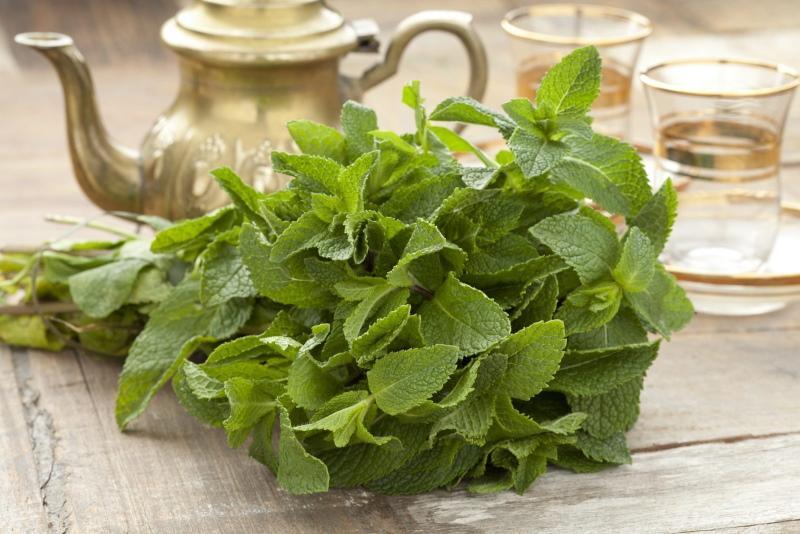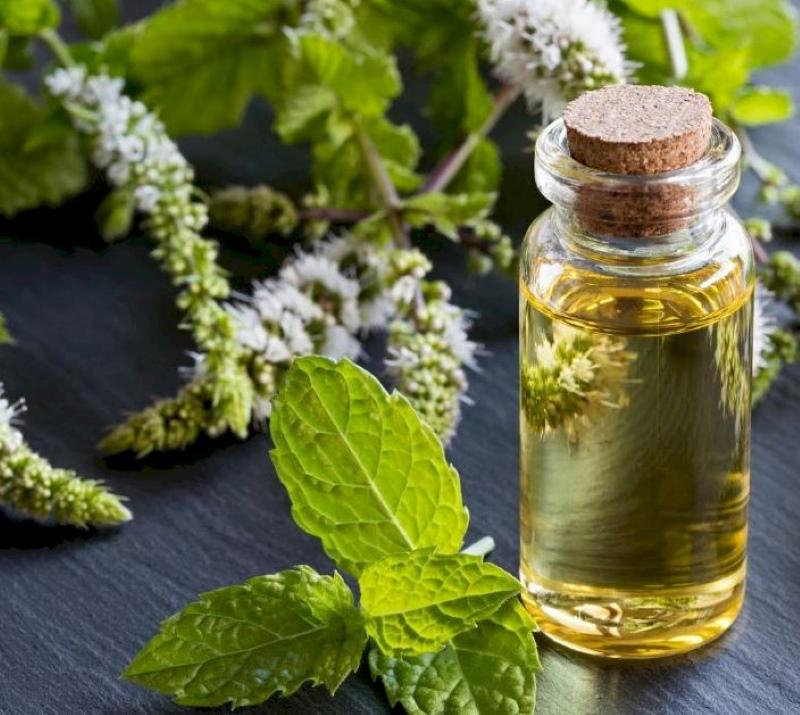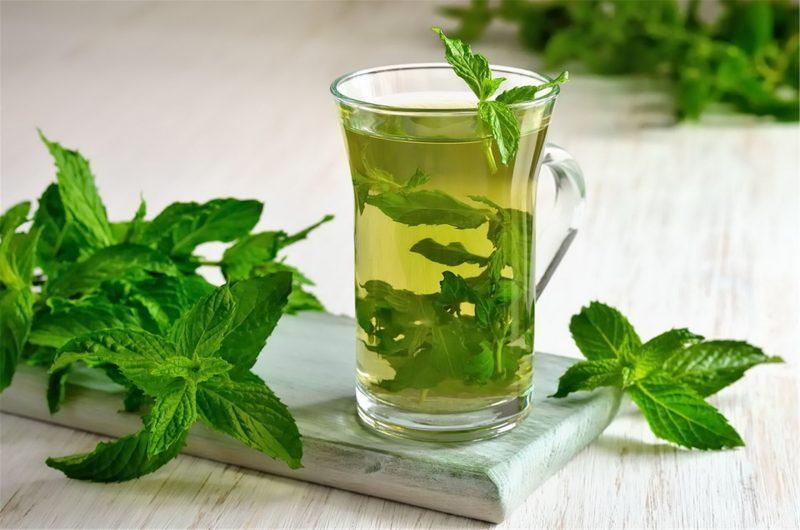A fragrant herb for the nervous system and not only - peppermint, useful properties and contraindications
 The leaves of this plant, added to tea, turn the drink into a mild sedative. And all thanks to the many useful substances that peppermint has, the beneficial properties and contraindications of which are known even in official medicine. It is easy to recognize it among other vegetation. Although mint leaves have no peculiarities other than a velvety texture, they do have a characteristic refreshing aroma. For medicinal purposes, it is peppermint that is used as the species richest in essential oils.
The leaves of this plant, added to tea, turn the drink into a mild sedative. And all thanks to the many useful substances that peppermint has, the beneficial properties and contraindications of which are known even in official medicine. It is easy to recognize it among other vegetation. Although mint leaves have no peculiarities other than a velvety texture, they do have a characteristic refreshing aroma. For medicinal purposes, it is peppermint that is used as the species richest in essential oils.
Peppermint - useful properties and contraindications of fragrant herb

In addition, the chemical composition of mint includes:
- organic acids;
- tannins;
- resins;
- cellulose;
- carotene;
- vitamins of groups B and C;
- phytoncides;
- magnesium, phosphorus, potassium and other macronutrients.
100 g of mint contains only 75 Kcal, so it is often included in various diets for weight loss. Fragrant leaves will help diversify dietary dishes, but at the same time they will not add a single gram of excess to the figure.
How does mint affect the body
 Decoctions, infusions and tinctures, teas, drops, oils are made from shoots, leaves and flowers. These funds have a positive effect on the work of our body:
Decoctions, infusions and tinctures, teas, drops, oils are made from shoots, leaves and flowers. These funds have a positive effect on the work of our body:
- soothe and relieve stress;
- lower pressure by dilating blood vessels;
- restore motility and beneficial intestinal microflora;
- relieve inflammation, pain symptoms and spasms;
- increase appetite;
- drown out gagging and relieve toxicosis in pregnant women.
Mint-based remedies can help cure or alleviate the following conditions:
- rheumatism, arthritis;
- cold;
- mastopathy;
- hypertension;
- pneumonia;
- herpes;
- asthma;
- flatulence;
- heartburn.
When can peppermint be harmful?
 The main virtue of mint, menthol oil, can also do badly. It is a strong allergen, therefore, if you have an intolerance to this component, you cannot take fragrant herb.
The main virtue of mint, menthol oil, can also do badly. It is a strong allergen, therefore, if you have an intolerance to this component, you cannot take fragrant herb.
In addition, it is not recommended to use mint, either for medicinal purposes or as a regular culinary supplement in the presence of:
- hypotension;
- low acidity of the stomach;
- varicose veins.
Men need to consume mint sparingly and in limited quantities. It lowers testosterone levels and potency.
Children are given mint only after 6 years, and nursing should not take it at all, otherwise lactation will decrease. During normal pregnancies, you can occasionally pamper yourself with mint tea.But if there are complications, or a male fetus, it is better to refuse it. As with infertility, since the spice affects the ability of the egg to fertilize, lowering it.